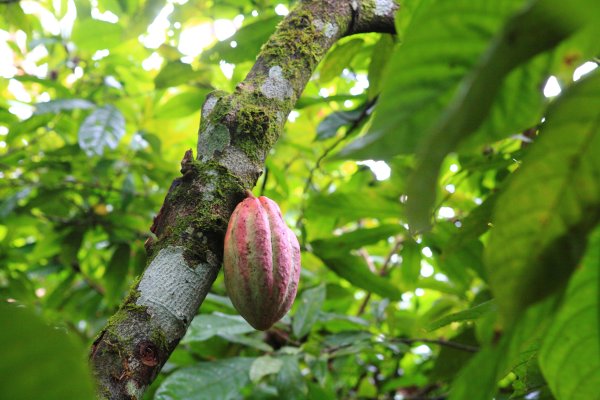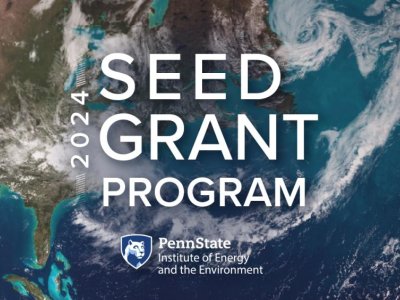
Climate change poses risks to human and animal health by altering disease dynamics between vectors, pathogens, and hosts. Sustainable climate-smart agroforestry practices like cacao farming under native shade trees in tropical regions may unintentionally exacerbate these risks. This project aims to evaluate portable sequencing technologies for real-time pathogen surveillance and characterize tick microbiomes across vertebrate hosts in cacao agroforestry systems in Belize. The specific objectives are to 1) demonstrate the feasibility of portable metabarcoding for pathogen detection in ticks and endoparasites, and 2) investigate tick microbiome composition differences across diverse wildlife hosts. Partnerships with local veterinarians and wildlife groups will facilitate tick collection from various vertebrate species.
Successfully identifying pathogens and characterizing microbiome profiles will elucidate disease ecology connections to support resilient agroforestry implementation and disease prevention strategies. The project leverages an existing funded study conducting rodent and tick surveillance in Belize and builds a new team to maximize data generation. Furthermore, the team is well-positioned to translate findings through Penn State Extension programming and secure additional funding to expand detection technologies and explore disease transmission dynamics. This project thus takes a transdisciplinary approach linking agriculture, conservation, and public health to generate actionable practices supporting reforestation, biodiversity, and human and animal wellbeing.




